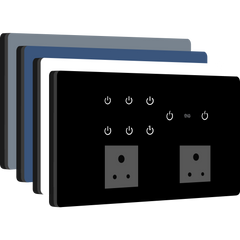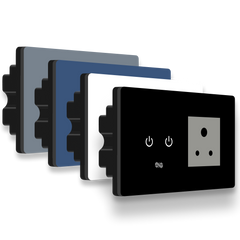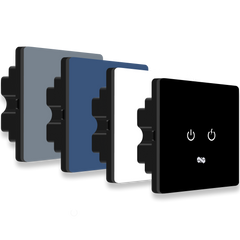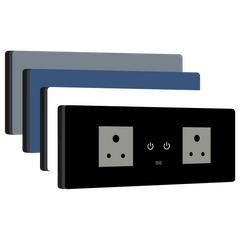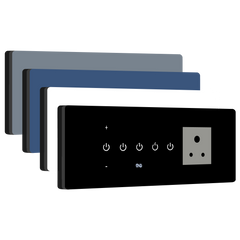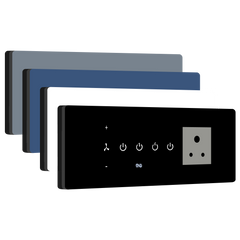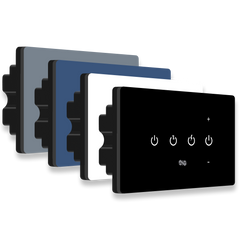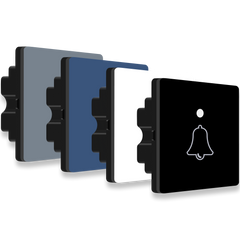Low Power Consumption: Saving Energy and Enhancing Efficiency in Your Smart Home
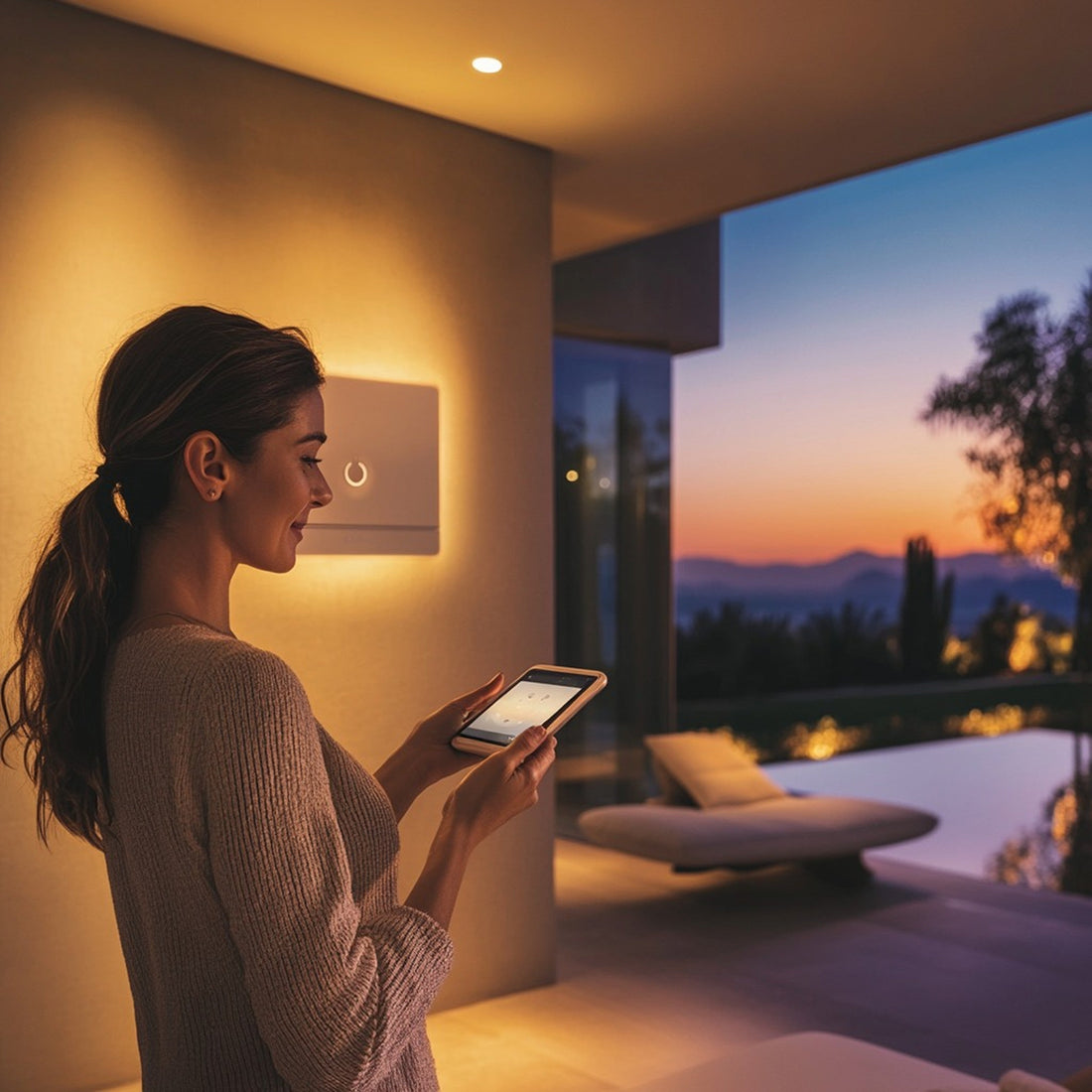
1. Definition
Low power consumption refers to the ability of an electrical device to operate using minimal energy. For smart home devices like smart switches, this feature ensures that they do not use excessive electricity while still performing their functions effectively. Low power consumption is a critical consideration for both environmental sustainability and cost savings, as it reduces energy waste and helps lower utility bills.
2. Key Takeaways
- Low power consumption reduces the energy used by smart devices, leading to lower electricity bills.
- Devices with low power consumption are more environmentally friendly, as they help reduce overall energy demand.
- Many modern smart switches and smart home devices are designed to consume as little power as possible while maintaining high performance.
- Low power consumption contributes to a greener home, making it easier for homeowners to adopt eco-friendly practices.
- This feature can help extend the lifespan of devices and batteries, ensuring long-term cost savings and reliability.
3. Why Low Power Consumption Is Important
-
Reducing Energy Costs
Smart home devices like smart switches often remain in standby mode when not in active use. A device with low power consumption uses very little electricity in this state, helping to reduce overall energy costs. Over time, this can result in significant savings on utility bills. For homeowners with many smart devices, the cumulative effect of low power usage across devices can lead to substantial savings. -
Sustainability and Environmental Impact
By using less electricity, devices with low power consumption contribute to sustainability efforts. Smart homes, which are often powered by energy-efficient devices, consume less energy than traditional homes filled with outdated, high-consumption appliances. This reduction in energy consumption helps decrease the carbon footprint of the household, making it more eco-friendly and in line with global efforts to combat climate change. -
Extended Device Lifespan
Devices that consume less power generate less heat, which can lead to less wear and tear on components. As a result, smart devices, such as switches, can last longer than their high-consumption counterparts. This increased longevity reduces the need for frequent replacements, which benefits both the environment and your wallet. -
Battery Efficiency
Many smart devices, including smart switches and sensors, may run on batteries. Low power consumption ensures that these batteries last longer, meaning fewer replacements are needed. This is especially beneficial in remote locations, where it can be difficult or expensive to change batteries. Devices like motion sensors, doorbell cameras, and wireless light switches can operate efficiently over longer periods, reducing maintenance costs. -
Improved User Experience
Low power consumption can also improve the reliability and responsiveness of devices. By using less power, devices can focus on delivering the best performance without being slowed down by excessive energy use. This is particularly important for smart switches that need to quickly respond to user commands via voice assistants or mobile apps.
4. Example/Use Case
Imagine a family that has installed several Iotics Smart Switches in their home to control lights, fans, and other devices. These smart switches are designed with low power consumption in mind, meaning they draw minimal energy when in standby mode. The family enjoys the convenience of controlling their home with voice commands and smartphone apps, but they also notice a reduction in their monthly energy bill due to the low power consumption of the switches. Over time, the savings add up, and they feel good about using a system that is not only energy-efficient but also environmentally responsible.
5. Frequently Asked Questions (FAQs)
-
How can low power consumption affect my smart home?
Low power consumption allows your smart devices to perform their functions without using excessive energy, reducing your electricity bills while contributing to a greener environment. -
Are all smart switches low power consumption?
Not all smart switches are equally energy-efficient. However, most modern smart devices, including Iotics Smart Switches, are designed to use minimal power while offering maximum functionality. -
Will low power consumption affect the performance of my smart devices?
No, devices with low power consumption are designed to maintain high performance and efficiency. You will not notice a decrease in functionality but will benefit from the energy savings. -
How can I ensure that my smart home is energy-efficient?
Look for smart devices with energy-saving features such as low power consumption and scheduling options to turn devices off when not needed. Choosing energy-efficient devices will help reduce your overall energy consumption. -
How does low power consumption contribute to sustainability?
By using less energy, devices with low power consumption reduce the demand on the power grid and help lower greenhouse gas emissions, contributing to a cleaner, more sustainable environment.
Make your home smarter and more energy-efficient with Iotics Smart Switches. Experience the benefits of low power consumption and contribute to a greener, more sustainable future. Explore Iotics Smart Switches.
7. Related Terms
- Energy Monitoring
- Eco-Friendly Features
- Energy Efficiency
- Smart Scheduling

